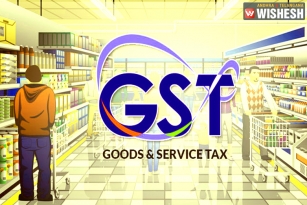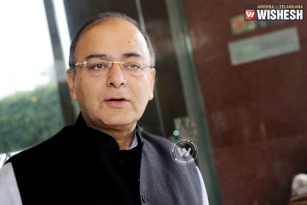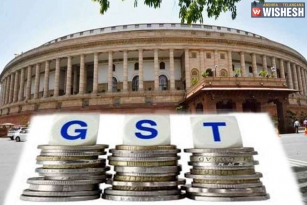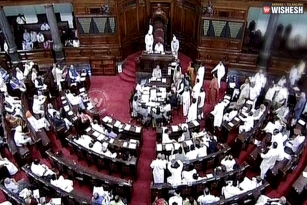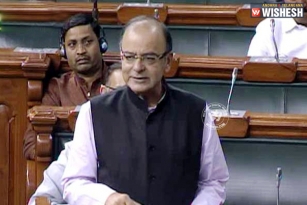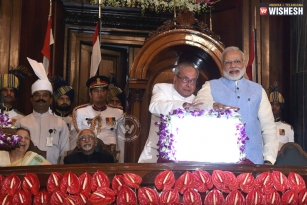Business eying GST, but will it provide any succor to common man?
May 29, 2014 12:09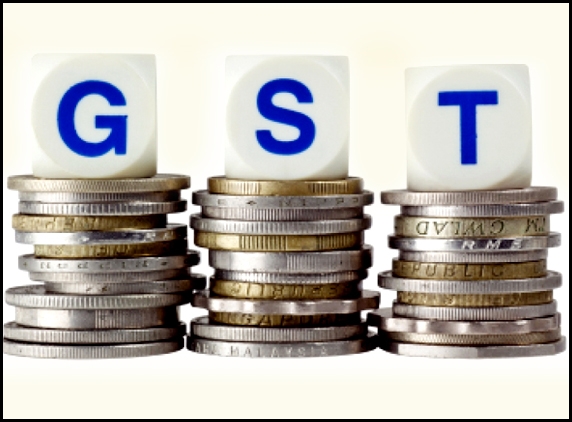
One of the biggest challenges for the new government would be to get India's derailed economy back on track and running. And what better way to begin than by introducing country's most ambitious indirect tax reform plan - Goods and Services Tax (GST). In the long list of necessary fixes for the new government, the only reform than can redeem country's economy and quickly bring India back on a high-growth path is early implementation of the mush-awaited GST.
GST, for all you know, is hailed as one of the most important reforms for the country owing to its simplicity and revenue-worthiness. GST would replace existing state and federal levies like excise duty, service tax and value-added tax (VAT) by stitching together a common market by demolishing fiscal barriers between states. It will put in place a single national uniform tax that will be levied across India on all goods and services. By adopting GST, India can increase its exports, simplify taxation, reduce costs of administration and compliance and lower overall taxes.
As it is, India has always ranked low on the ease of doing business. However, in the past years, things have worsened. Projects have not been passed, bureaucracy have failed to take decisions owing to various actions by the Supreme Court, the CAG and others and breeding corruption has altogether killed the ease of doing business in India.
Introducing GST could boost corporate earnings, draw investments, create employment and improve the economy. There is a whole lot riding on the Goods and Services Tax (GST) which the economists, business leaders and tax experts deem as the biggest tax reform in independent India. Let's explore what GST holds for the country and the common man?

What is Goods and Service Tax (GST)?
The Goods and Service Tax or GST is a single system of taxation meaning there is a single tax for all goods and services. This is meant to homogenize the state economies and put a single taxation system in place for the entire country.
What is the main change that GST will bring?
One of the biggest advantages of having GST in place will be that all the baffling arrays of multiple taxes that currently exist will no longer remain in the picture. Taxes like Value Added Tax, Central Sales Tax, Excise Duty, Customs Duty. etc will be defunct. Businesses, thus, will not have to deal with multiple taxes and undertake tax compliance without hassle.
Will the GST impact other taxes like income tax or corporate tax?
Income tax and Corporation taxes are direct taxes that are individually borne by a person or entity on whom it is levied on and cannot be passed on to someone else. These forms of direct taxes will stay but the system of indirect taxation will be reformed.
Who bears the final tax in the process?
Being an indirect tax, it is likely to be passed on to the last stage wherein the customers of the goods and services will have to bear the tax as is the case even today. But the difference under the GST is that by streamlining multiple taxes, the final cost to the customer will be lower, thanks to the elimination of double charging in the system.
Will all goods and services be covered under the GST?
Except for a specific list of exempted items, all the other goods and services will be covered under the GST making this a comprehensive tax in the Indian Economy. In fact this will be the main tax on the indirect tax side in the economy.
What are the items on which GST may not be applied?
Alcohol, tobacco, petroleum products are likely to be out of the GST regime.
Is this an accepted system of taxation across the world?
Most of the countries across the world have a GST in place. Above 140 countries have already implemented the GST in their economies.
Which other nations have a similar tax structure?
Brazil and Canada follow a dual system where GST is levied by both the Union and the State governments.
What type of GST is proposed for India?
India too plans to implement a dual GST system where a Central Goods and Services Tax (CGST) and a State Goods and Services Tax (SGST) will be levied on the taxable value of a transaction. There will be no distinction between goods and services.
Will this be an extra tax?
It will not be an additional tax. CGST will include central excise duty (Cenvat), service tax, and additional duties of customs at the central level; and value-added tax, central sales tax, entertainment tax, luxury tax, octroi, lottery taxes, electricity duty, state surcharges related to supply of goods and services and purchase tax at the State level.
What will be the rate of GST?
The combined GST rate is being discussed by government. The rate is expected around 14-16 per cent.
Will goods and services cost more after this tax comes into force?
The prices are expected to drop in the long term as dealers might pass on the benefits of the reduced tax to consumers.
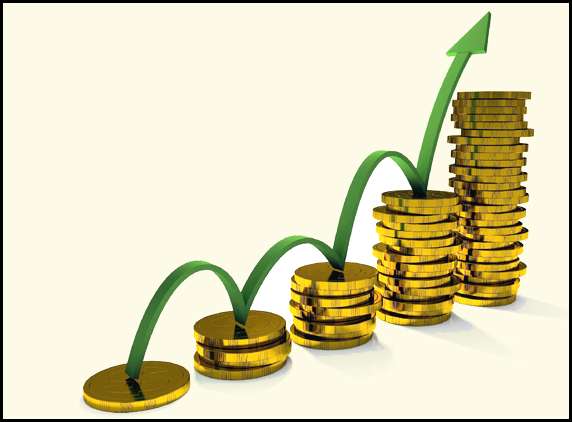
In a nutshell, the GST will oust all other forms of indirect taxes and unite the differential tax rates on manufactured goods and services. So, the tax on manufactured goods would go down and that on services could escalate.
This, in no way, implies that the GST is a zero-sum game for the consumers. They could benefit from the reduced tax load on the corporates. Right now, businesses are required to pay taxes levied by the Centre and states at every stage of the supply chain. This shoots up the costs of products and services, and the consumer has to bear the price pinch.
Under GST, businesses won't have to pay taxes at ever level. All players in the supply chain pay 15% GST on the value addition done by them. The consumer also pays only 15% tax on the price of the product.
The GST holds betters prospects for businesses. If they are spared the taxes paid on inputs, service providers, producers and distributors, there will be a significant dip in costs. Also, the supply chain structures will become more efficient. Consumers might be at gain if producers choose to translate these cost benefits into lower prices.
GST should be great news for India Inc. It is estimated that a 2% reduction in costs can increase a company’s profits by more than 20%.
Even the Centre and state governments will benefit. While the tax rate itself is unlikely to increase revenues, the broadening of tax base and greater compliance could boost collections. The GST structure and the provision for setting off taxes on inputs will nudge many businesses into the tax net.
However, the gains for the common people isn't clear. It’s hard to say if the benefits will be passed on to the consumer as a rule. Indian lawmakers have evaded all thoughts in its impact on the consumer. For the success of GST, consumer interests must be protected. For in a democracy like India, it's the common man, the consumers who must stand to gain first.
(AW: Suchorita Choudhury)















